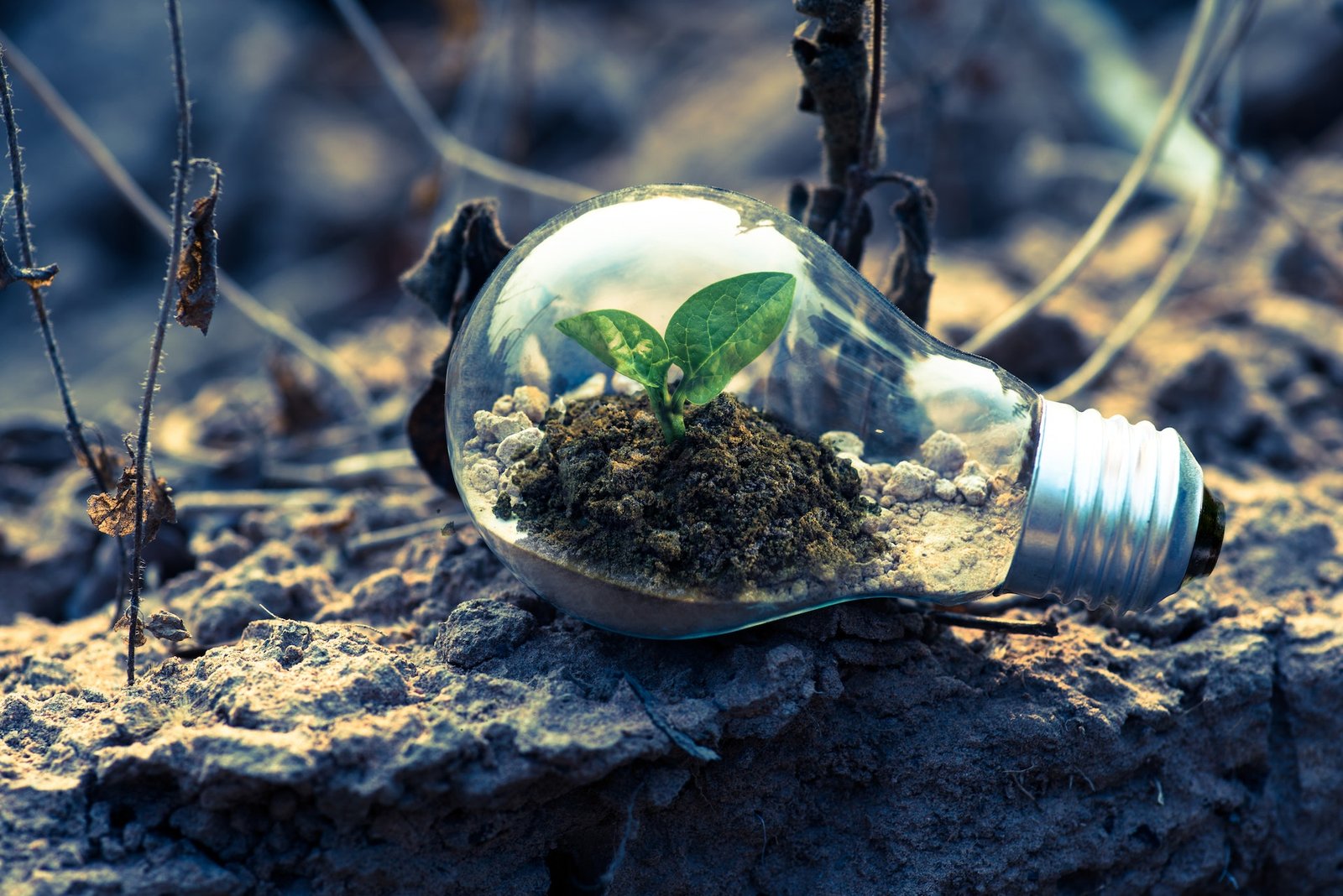Introduction
As the world becomes more aware of the pressing need to address climate change and protect our environment, eco-technology advancements are playing a crucial role in creating a greener future. These innovative solutions are not only reducing our carbon footprint but also providing sustainable alternatives to traditional practices. In this article, we will explore some of the latest eco-technology advancements that are shaping our world for the better.
Solar Power: Harnessing the Sun’s Energy
Solar power has emerged as one of the most promising eco-technology advancements in recent years. With the advancements in solar panel efficiency and affordability, more and more households and businesses are switching to solar energy. Solar panels convert sunlight into electricity, reducing the reliance on fossil fuels and lowering greenhouse gas emissions. Additionally, solar power systems can be easily installed on rooftops, making them accessible to a wide range of users.
One such innovation in solar power is the development of solar-powered batteries. These batteries store excess energy generated during the day, allowing users to power their homes or businesses during the night or when there is no sunlight. This technology not only enhances the reliability of solar power but also enables individuals to become self-sufficient and reduce their dependence on the grid.
Smart Grid: Revolutionizing Energy Distribution
The traditional energy grid is undergoing a transformation with the integration of smart grid technology. A smart grid utilizes advanced sensors, communication networks, and data analytics to optimize energy distribution and consumption. By monitoring energy usage in real-time, it enables utilities to identify areas of high demand and adjust the supply accordingly, reducing wastage and improving efficiency.
Furthermore, smart grid technology allows for the integration of renewable energy sources such as solar and wind power into the grid. This integration enables a smoother transition to a low-carbon future by maximizing the utilization of clean energy sources. With the ability to detect and respond to power outages quickly, smart grids also enhance the reliability and resilience of the energy infrastructure.
Green Buildings: Sustainable Construction Practices
Green buildings are revolutionizing the construction industry by incorporating sustainable practices and eco-friendly materials. These buildings are designed to minimize energy consumption, reduce waste, and provide a healthier environment for occupants. One of the key eco-technology advancements in green buildings is the use of energy-efficient systems such as LED lighting, smart thermostats, and efficient insulation.
Another innovation in green buildings is the integration of renewable energy systems. Solar panels, wind turbines, and geothermal systems can be installed to generate clean energy on-site, reducing the reliance on traditional power sources. Additionally, green buildings often incorporate rainwater harvesting systems and utilize recycled materials, further reducing their environmental impact.
Waste Management: Innovative Solutions for a Circular Economy
Effective waste management is crucial for achieving a sustainable future. Eco-technology advancements in waste management are enabling the transition towards a circular economy, where waste is minimized, and resources are reused or recycled. One such innovation is the development of advanced recycling technologies that can process a wide range of materials, including plastics, glass, and metals.
Furthermore, waste-to-energy technologies are gaining traction as a sustainable solution to manage organic waste. These technologies convert organic waste into biogas or biofuels, which can be used for heating, electricity generation, or as a transportation fuel. By harnessing the energy potential of waste, these technologies not only reduce landfill waste but also contribute to the production of renewable energy.
Conclusion
Eco-technology advancements are driving the transition towards a greener and more sustainable future. From solar power and smart grids to green buildings and innovative waste management solutions, these technologies are reshaping industries and providing viable alternatives to traditional practices. By embracing these innovations and investing in sustainable technologies, we can create a world that is cleaner, healthier, and more resilient for generations to come.


































